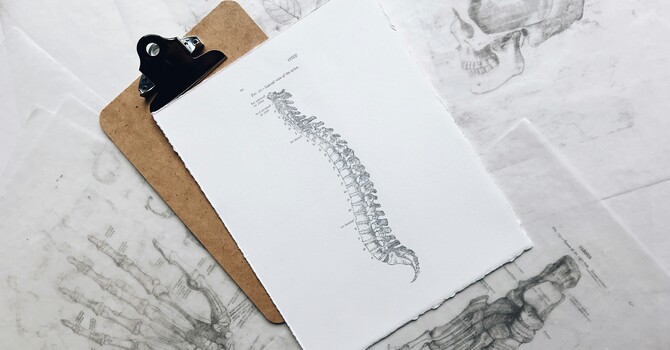
Physiotherapy: Restoring Movement, Relieving Pain, and Rebuilding Strength
Physiotherapy is one of the most trusted and widely used forms of rehabilitation and preventative care. Whether you're recovering from surgery, managing a chronic condition, or looking to improve your mobility and function, physiotherapy offers an individualized, hands-on approach to help you move and feel better.
What Is Physiotherapy?
Physiotherapy (also known as physical therapy) is a healthcare profession focused on assessing, diagnosing, treating, and preventing movement disorders. Physiotherapists are highly trained professionals who use evidence-based techniques to restore function, improve mobility, relieve pain, and promote long-term health.
Treatment may include:
-
Manual therapy (joint mobilization, soft tissue techniques)
-
Therapeutic exercises to improve strength, flexibility, and endurance
-
Education and self-management strategies
-
Electrotherapy (TENS, ultrasound)
-
Posture and movement training
-
Rehabilitation programs post-injury or surgery
What Conditions Can Physiotherapy Treat?
Physiotherapy can help manage and treat a wide range of physical conditions and injuries, including:
-
Musculoskeletal injuries: Sprains, strains, tendonitis, joint pain
-
Post-surgical recovery: Knee or hip replacements, rotator cuff repairs, spinal surgery
-
Chronic pain conditions: Arthritis, fibromyalgia, lower back pain
-
Neurological disorders: Stroke, Parkinson’s disease, multiple sclerosis
-
Sports injuries: ACL tears, tennis elbow, runner’s knee
-
Postural issues: Scoliosis, poor ergonomics, desk-related pain
-
Pelvic health issues: Incontinence, pelvic pain, postpartum recovery
-
Balance and coordination problems: Especially in older adults or those recovering from injury
Benefits of Physiotherapy
Physiotherapy offers a range of physical, emotional, and long-term health benefits, including:
-
Pain relief: Reduces or eliminates pain through targeted manual therapy and exercises
-
Improved mobility and function: Helps you move more freely and confidently
-
Injury prevention: Teaches safe movement patterns to avoid re-injury
-
Faster recovery: Speeds up healing after surgery or injury
-
Enhanced performance: Optimizes movement and strength for athletes and active individuals
-
Improved posture and body mechanics: Especially important for desk workers and individuals with repetitive strain injuries
-
Empowerment and independence: Equips patients with tools and education for self-care
Potential Risks and Considerations
Physiotherapy is generally safe and well-tolerated, but there are some important considerations:
-
Temporary discomfort: You may feel soreness after exercises or manual therapy, especially early in treatment.
-
Overexertion: Pushing too hard or too soon can aggravate symptoms or cause strain if not monitored carefully.
-
Underlying medical conditions: Some techniques may not be suitable for individuals with certain conditions (e.g., osteoporosis, recent fractures, cardiovascular issues).
-
Inconsistent progress: Healing timelines vary, and it may take time to see noticeable improvement.
It’s essential to work with a licensed physiotherapist who can design a safe, customized plan tailored to your needs and goals.
Final Thoughts
Physiotherapy is a powerful tool for healing, recovery, and prevention. Whether you're facing a recent injury, managing chronic pain, or simply aiming to move better and live stronger, physiotherapy provides the knowledge, hands-on care, and ongoing support to help you thrive.
If you're curious about how physiotherapy could benefit you, don’t hesitate to book an initial assessment with a registered physiotherapist. Taking the first step toward better movement could change how you live your life—one step at a time.



